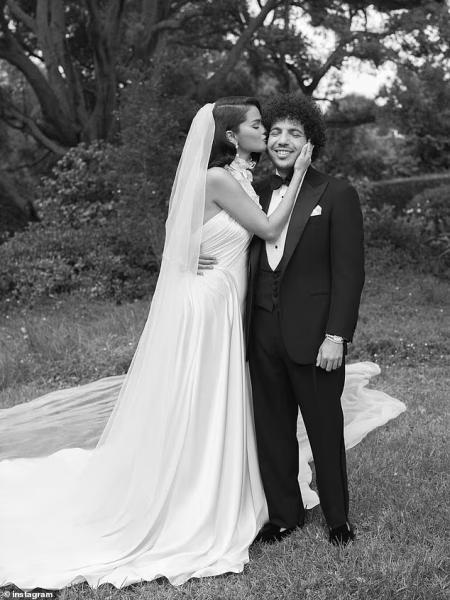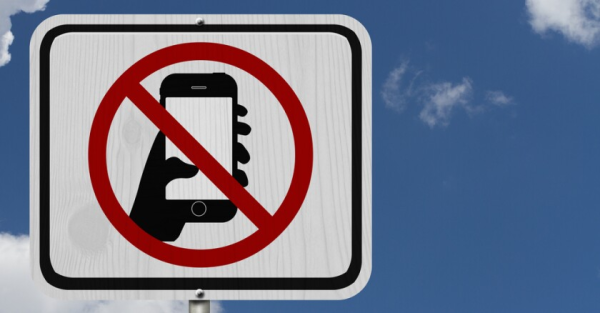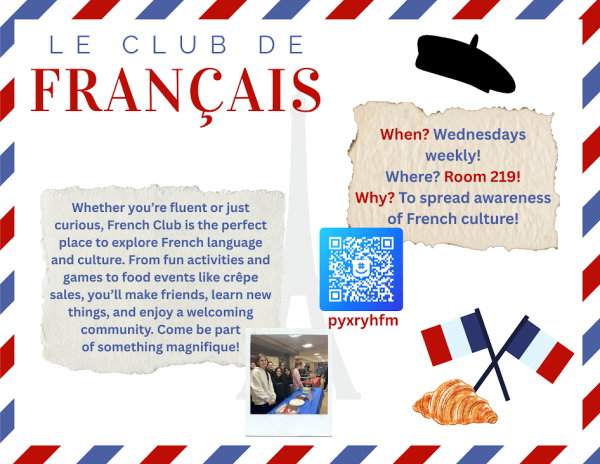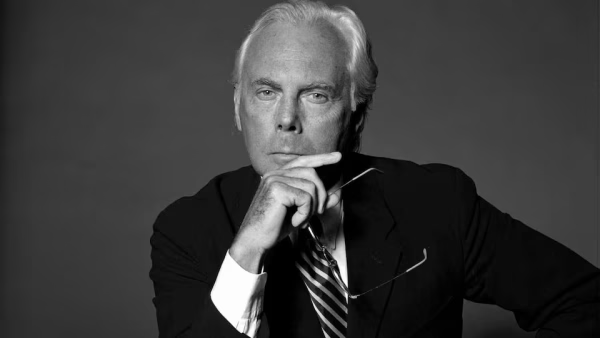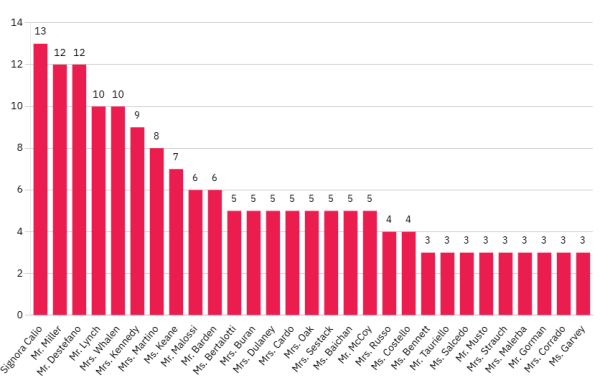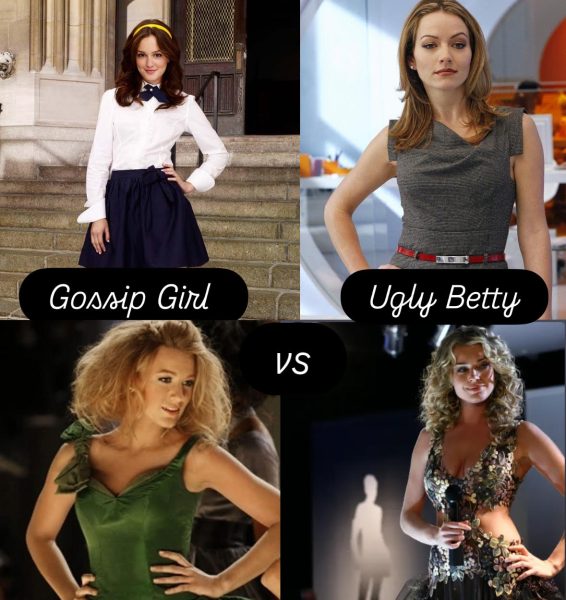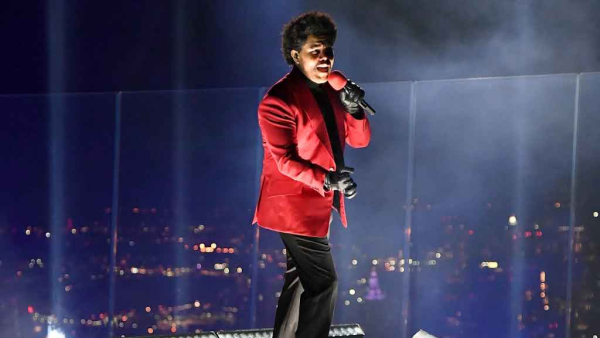Is Modern Music Undermining #MeToo?

Scroll through your playlist and think: what lyrics make you hum along? Some lyrics we memorize naturally, dancing to the radio simultaneously. Some harmonies get stuck in our head. In some raps, we spit out the words as we drive to school. However, we don’t even realize that, subconsciously, these lyrics impact the decisions we make—and the decisions we don’t.
Singers and songwriters have a reputation they want to convey and an audience to which they wish to appeal. Some of the recent songs fueling rape culture are simply disgusting in their messages: “Blurred Lines” by Robin Thicke, “What Do You Mean?” by Justin Bieber, “”U.O.E.N.O.” by Rocko Featuring Rick Ross and Future and many others.
According to CDC’s 2017 Youth Risk Behavior Survey, about 10% of high school students were sexually assaulted in 2017, with females (15%) experiencing higher rates than males (4.3%). It’s scary that little kids are listening to these songs—which promote rape culture—and even scarier that we are ok with it as a society. Where are the stories complaining about this in national newspapers? Where are the sponsors pulling ad dollars from radio stations?
Some blame the radios in our cars and the headphones in our ears for the omnipresence of these songs in our world.
Sara Northgard, a junior, said, “[songs like these] objectify women, and make them believe that they should be objectified.”
Sara further suggested that song writers should “write fewer lyrics about naked women and the things men could do to them.”
She went on: “Maybe sexual assault has been normalized somewhat, and not many women are coming forward because there is a stigma—they feel they will be treated as perpetrators and not as victims.”
In a recent discussion in one of Mrs. Way’s philosophy clubs, the topic of rape culture came up. We came to a conclusion: men and women act differently in response to our society. Females consciously fear rape and/or harassment, therefore influencing the actions they take throughout the day—differently from men.
Some of our Bethpage peers pointed out this fear can be expressed by “carrying keys in their hands [as potential defense],” “checking their outfits to make sure they’re not ‘too provocative’”, “walking with a group of male friends,” “locking doors,” and/or “living in a constant state of paranoia and suspicion.”
Do we ever feel safe? Why don’t Bethpage males talk about taking these so-called “precautions” as well? Or feel it necessary to do so?
Additionally, Rachel Park, a sophmore soprano, listens to the songs listed above, along with other songs that can be interpreted on rape culture such as “She Doesn’t Even Know It” – Rick Ross, Travis Scott – “Sicko Mode” ft. Drake, “Rap God” by Eminem.
We played the song “Blurred Lines” and listened to the lyrics. Rachel and I had to look them up and read them a couple of times. Ultimately, we came to a realization: It’s about him trying to [romance] a girl, yet it does not say anything from the girl’s perspective. Raechel said, “This is unfortunate, because these songs never do [take the female view.] Even though it’s sick to say, it’s a nasty song… but we still listen to it.”
Our school—and the news—blew up when people were pointing the finger at “Baby it’s Cold Outside” accusing it of being a “sexist song” or of being “manipulative and wrong.” Defenders at National Public Radio claimed it was “written in 1944, during a different time.” Hypocritically, our generation isn’t even calling out the songs currently being released—which are FAR worse in their intent…even graphic about sexual encounters.
Many movements, like #MeToo, were created to support and unite survivors of sexual harassment and sexual violence. They provide efforts like support groups, local resources, and campaigns. The #MeToo movement was born in 2006, yet it only recently gained public exposure. MeToo was created by Tarana Burke, but the famous hashtag was created later, in 2017, following the Harvey Weinstein sexual abuse allegations. It’s a influential movement that hopefully inspires further change.
But are they willing to call out lyrics that demean women? Go online and google “most sexist lyrics” if you want to have a minor heart attack.
These rappers are protected by the First Amendment, and there can’t be any serious legal actions taken against. However, this doesn’t mean it should be accepted—and that there couldn’t be any social consequences.
It’s horrible that our current generations are listening to songs about rape culture and hardly even recognize that. I see women dancing to songs that talk about hurting them. Although stigmas towards sexual harassment and rape have improved, it’s still not good enough.
Anastasija Petrovska, often referred to as Ana, is a sophomore at Bethpage. She is Macedonian, born and raised in Queens, and moved to Long Island a year...

